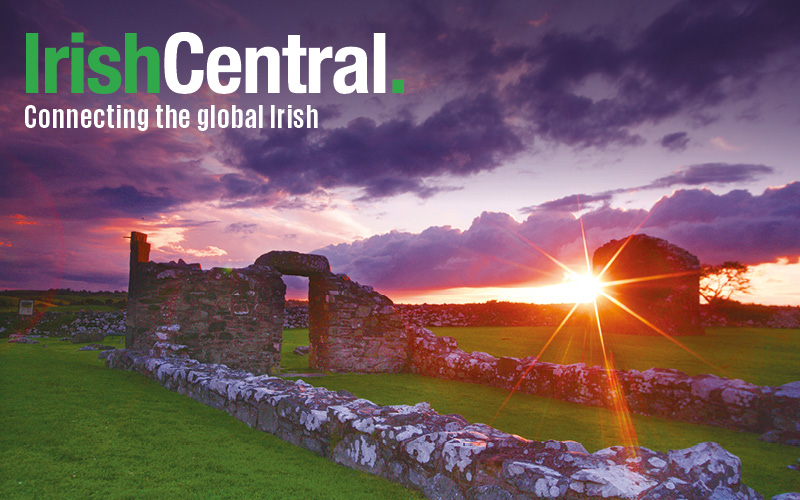On the third anniversary of his killing, Irish Members of the European Parliament (MEPs) have called on the Bolivian government to properly explain the death of Tipperary man Michael Dwyer. Following meetings with the Dwyer family in Brussels, the politicians said they will raise the issue with EU High Representative Catherine Ashton and Irish Minister for Foreign Affairs Eamon Gilmore.
Dwyer (24) was shot dead by a Bolivian police special forces unit in April 2009. He and two others, all of whom were suspected of being mercenaries sent to assassinate Bolivian president Evo Morales, were killed in a pre-dawn raid on a Santa Cruz hotel in what Bolivian authorities said was a pre-emptive strike.
A graduate in construction management, Dwyer worked in security with the International Risk Management Services company in Ireland before traveling to Bolivia for what his family presumed was a bodyguard course.
The alleged leader of the group, Eduardo Rosza-Flores, was also killed in the raid. A Bolivian of Hungarian background, he also held Croatian citizenship, which he had been granted during the 1991-1995 conflict in Bosnia.
In a video interview which later emerged in Hungary, Rozsa-Flores said he had been called to Bolivia to form a separatist militia in Santa Cruz province. Hungarian citizen Arpad Magyarosi was the other fatality. Two other Europeans were captured alive, and arms and ammunition were seized.
Dwyer’s family, which has always insisted he had nothing to do with any such plot but was merely working as a bodyguard, is determined to clear his name. They described the recent meetings as “very positive” and said they feel there is now increased momentum behind a possible international investigation.
“We are hoping that we will eventually get the answers and make sure that those responsible for authorizing and killing Michael are held accountable, fully accountable,” his mother Catherine told RTÉ.
“From all the evidence available there was no shoot-out, Michael never fired any guns, he was unarmed, he was executed while he was asleep,” Catherine said, responding to Bolivian government claims that its officers were faced with an armed confrontation.
The family has hired a UK-based independent forensic expert to check the legitimacy of these shoot-out claims, and told MEPs there is "no evidence" of any exchange of gunfire, but that the police were the only shooters. An October 2009 inquest by the Dublin County Coroner found that Dwyer died following a shot to the heart, and concluded that the autopsy undertaken in Bolivia was unsatisfactory.
After meeting with the Dwyer family, Ireland South MEP Sean Kelly said they need and deserve answers, and said action should be considered should Bolivia fail to comply.
“The lack of information and transparency…is further depriving [the family] of closure,” he said.
“The European Commission's 2007-2013 aid program has allocated €234 million to Bolivia to help generate the economy, combat illegal drugs and build a more sustainable future for its citizens.
“An open inquiry should be held into the shooting of Michael Dwyer and if the Bolivian authorities refuse to hold an inquiry, perhaps to the EU's High Representative Catherine Ashton should reassess the situation with regard to aid and possible sanctions.”
Dwyer’s sister Aisling has only fond memories of her brother.
“He was bright and bubbly, and he was a very good big brother and he was always looking out for us and the life and soul of every party. He was just a good guy,” she said.
Located in Bolivia's eastern lowlands, oil-producing Santa Cruz is an opposition stronghold where frequent demonstrations are held against President Morales, whose main support is among the indigenous communities of the western highlands. The opposition, led by local businessmen, has called for autonomy for Santa Cruz as it battles Morales’ left-wing reforms.
Morales has repeatedly enraged international energy companies by gradually retaking control of Bolivia’s energy industry from foreign owners. In a January 2009 referendum, voters backed his new constitution which gives greater rights to the indigenous majority population.




Comments